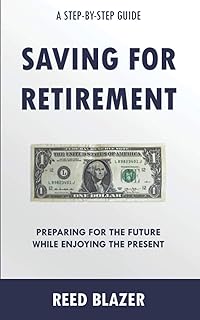Gender inequality in superannuation is a pressing issue that demands attention. The Gender Superannuation Gap is a stark reality that affects women’s financial security in retirement. Despite efforts to shed light on this issue, the response has been met with resistance and dismissal.
Pascale Helyar-Moray, author of ‘Rich Woman Poor Woman,’ delves into the challenges of addressing the systemic barriers contributing to women retiring with significantly less superannuation savings compared to men. Her article, ‘Australia’s Shameful Super Gap,’ aimed to spark conversations about this critical issue but faced backlash and harmful stereotypes instead.
The Gender Superannuation Gap is more than just a statistic; it has real-world consequences. Older women are increasingly at risk of homelessness due to inadequate retirement savings. However, the reluctance to acknowledge this disparity underscores a deeper societal issue of systemic inequality.
The dismissive responses to discussions about the gender super gap reveal a lack of empathy and understanding. Many fail to recognize the lived experiences of women impacted by this financial disparity. By downplaying these concerns, individuals perpetuate harmful stereotypes and hinder progress towards gender equality.
Structural factors such as career interruptions for caregiving and gender pay gaps play a significant role in exacerbating the superannuation gender gap. Women are not seeking handouts but rather fair treatment and recognition of the challenges they face in securing their financial future.
The conversation around superannuation contributions often overlooks the reality for many women. The existing solutions proposed fail to address the complex financial situations that women encounter. Financial literacy and support are crucial in bridging the gender super gap and ensuring women have equal opportunities to build their retirement savings.
The gendered response to discussions on superannuation raises questions about societal attitudes towards women’s financial security. The disparity in reactions to male and female perspectives on financial matters highlights the need for a more inclusive and empathetic approach to addressing gender inequality.
Efforts to close the gender super gap are hindered by persistent stereotypes and biases that overshadow meaningful discussions on systemic issues. Women deserve to have their voices heard and their concerns addressed to ensure a more equitable future in superannuation and beyond.
In conclusion, the Gender Superannuation Gap is a critical issue that demands urgent attention and collective action. By acknowledging the challenges women face in securing their financial future, we can work towards a more inclusive and equitable society for all.
📰 Related Articles
- Superannuation Guarantee Increase to Boost Australians’ Retirement Savings
- Maximize Retirement Savings: Navigating Superannuation Rules and Strategies
- Maximize Retirement Savings with Strategic Superannuation Contributions
- Demystifying Superannuation: A Beginner’s Guide to Retirement Savings
- Tax Expert Urges Superannuation Reforms for Fairer Retirement System





